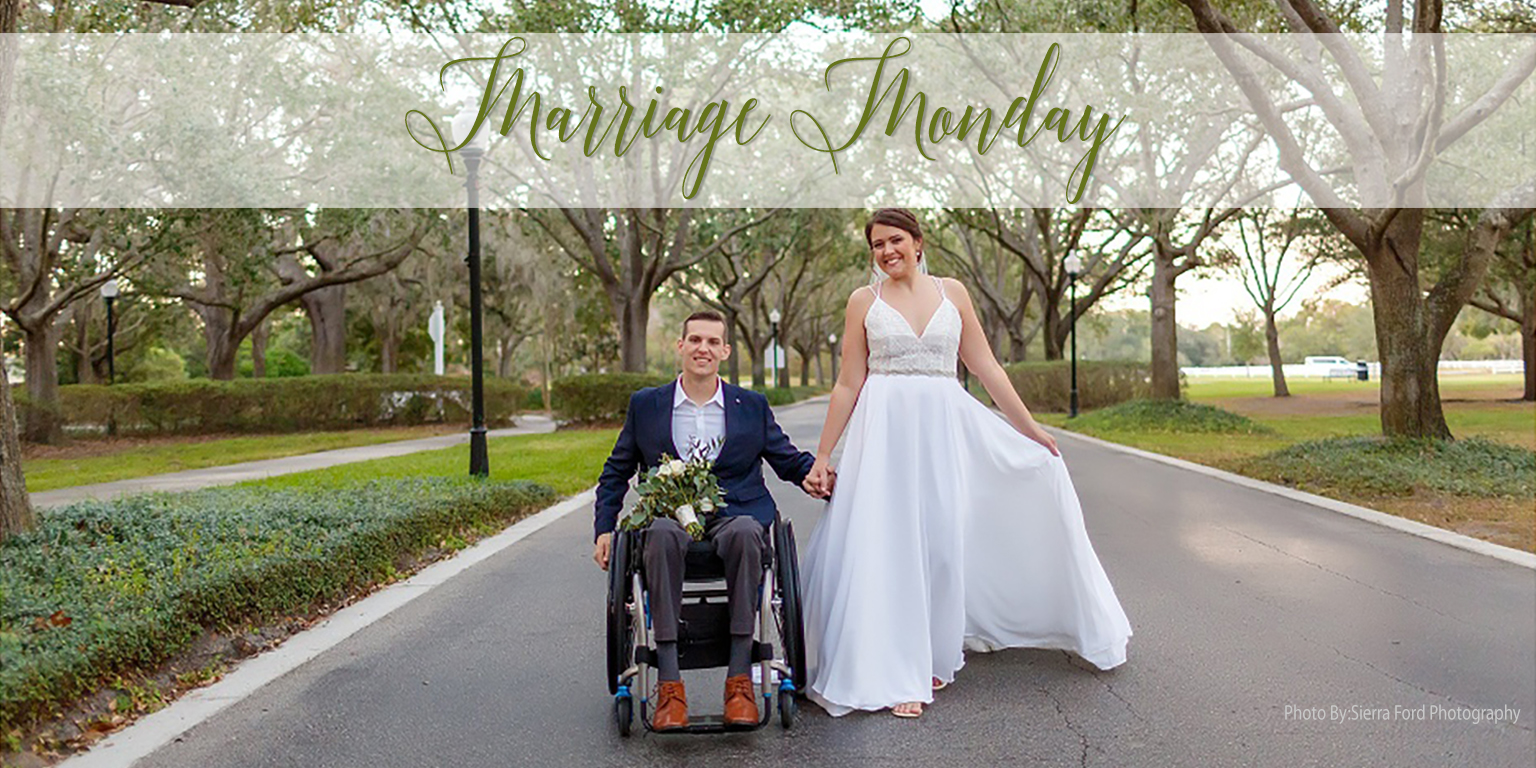There is an interesting phenomenon I’ve observed in families who have a member with a disability. While others may look at us and think we have a hard life, when we compare our family to others with disability, we think we have it easy. Whether it is a Mom who has an adult child who needs complete physical care, or a young parent with a child with autism, or a husband whose wife became injured and disabled into their marriage the response is similar. Likely this is because we’ve become accustomed to our situation, and for the most part have developed coping mechanisms.
I fell victim to this many years ago. I was in a group of ladies who all had husbands with  disabilities. I perceived, both from my observations, and their talking, that Jerry and I had it easy in our relationship compared to them. I felt that if I shared any challenge we were having it would seem insignificant. So I stayed relatively quiet.
disabilities. I perceived, both from my observations, and their talking, that Jerry and I had it easy in our relationship compared to them. I felt that if I shared any challenge we were having it would seem insignificant. So I stayed relatively quiet.
After many months I felt we had bonded as a group and I could now open up a bit and become vulnerable. I shared a story about a fight Jerry and I had that week. Usually we resolve them quickly, but not this time. I told my friends how I didn’t even want to help him get in bed that night, but God told me I had to. I also shared about our resolution the following day. The ladies welcomed my sharing and commented that they thought we never had any problems. Oh dear – danger #1 in making life with disability look easy. If we are perceived to have it all together we become a superhuman to whom others cannot relate.
Danger #2 surfaced the next week. The husband of one of the ladies called me. He asked how we were doing. When I told him of a minor illness we had he said that was not what he was referring to. He wanted to know how Jerry and I were doing in our relationship. He went on to tell me that he was so sorry to hear from his wife (uh, I thought our group  sharing was confidential?!) that we were having such a hard time and were considering divorce. WHAT?
sharing was confidential?!) that we were having such a hard time and were considering divorce. WHAT?
It took a lot of time and talking to convince him he was mistaken, and that our marriage was solid. That’s when I realized by not being real with these ladies I had set us on a pedestal. When I became vulnerable, our pedestal was knocked to pieces and our image was shattered. Ultimately that’s a good thing – I want to be real. But part of real is experiencing and coping with trials.
The third and last (at least for today) danger in making life look easy is that we rob people of the blessing and opportunity to serve and engage in life with us. I can’t even count the number of times I have been in a buffet line at church, camp or a restaurant carrying two plates and someone offers to help with one. I usually decline, assuring them I’ve got it. Or outside of a hotel when I am loading or unloading the van full of equipment and suitcases and someone offers to help. Again I say no, thank you.
I know I make my life harder by saying no. If I took the help at each juncture along the way perhaps I would not arrive at my breaking point so quickly. Hmmm, receiving small blessings and breaks may make a big difference.
I wonder if I also make it harder for someone on the outside to offer help the next time they see someone like us. Will they hold back because they’ve been told essentially their help is not needed. We have a friend who has learned to just jump in and help anyone, and often says, “Hey, don’t cheat me out of a blessing!”
So maybe making life with disability look easy actually makes it harder . . .
What’s been your experience?



